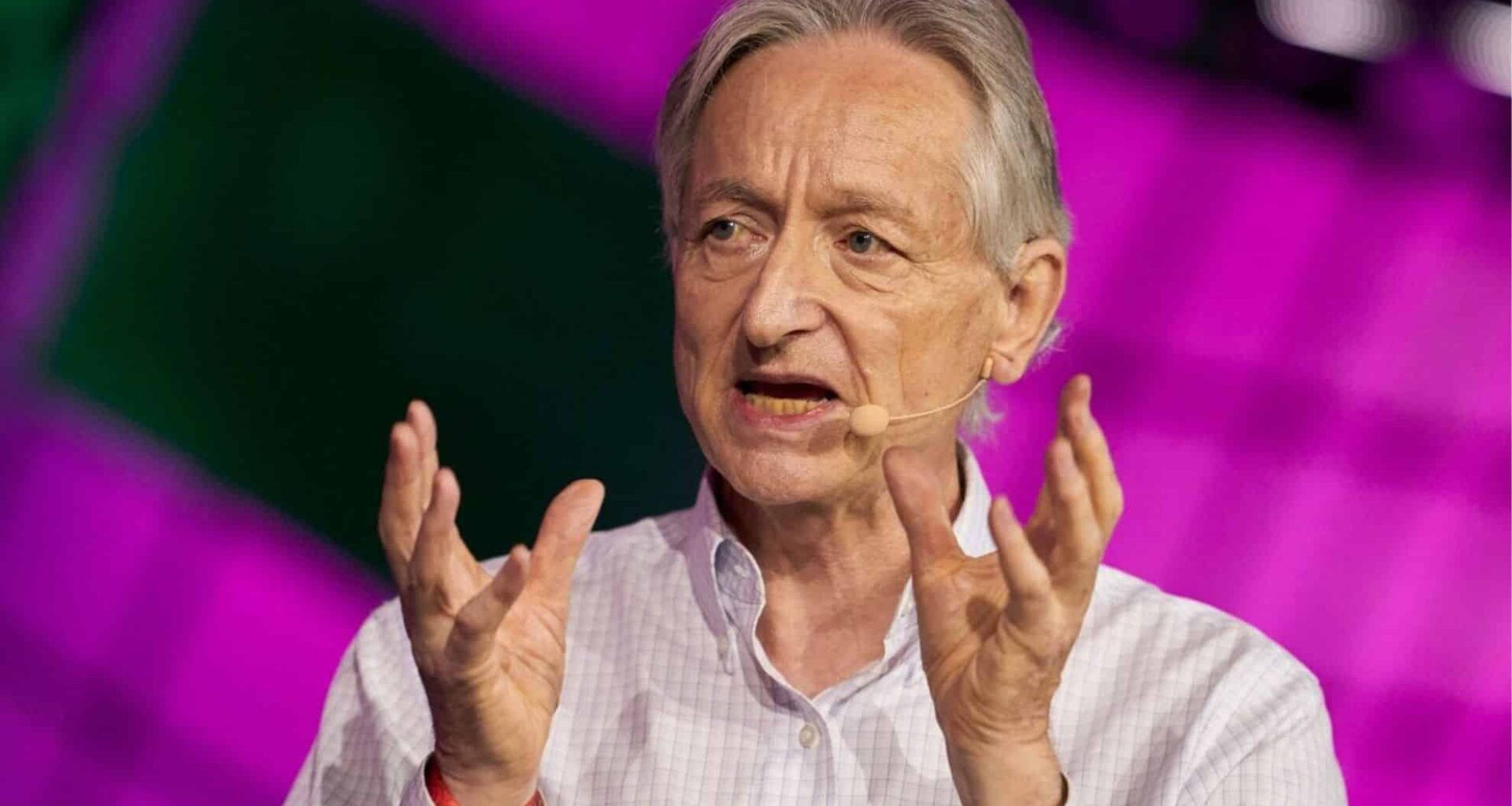As artificial intelligence systems race ahead in capability, one of the field’s most influential figures is raising alarm—not over science fiction scenarios, but the reshaping of global economics already underway. Geoffrey Hinton, widely recognized as the “godfather of AI”, says the technology he helped pioneer could soon hollow out the workforce, inflate corporate profits, and widen the wealth divide in ways few societies are prepared to manage.
In recent interviews with Fortune and the Financial Times, and during a nearly 90-minute episode of The Diary of a CEO, Hinton spoke with unflinching candor about the forces AI is set to unleash. “It will make a few people much richer and most people poorer,” he said. “That’s not AI’s fault. That’s the capitalist system.” At 77, Hinton has retired from Google and shed any corporate filter, offering a rare glimpse into the private concerns of a public pioneer.

To many in Silicon Valley, AI is the key to unlocking a new era of productivity. But to Hinton, that promise is tangled in a far more difficult truth: machines that can mimic human reasoning are now poised to outpace human labor, with no clear safety net for those left behind. And the window to act, he suggests, is closing.
Job Automation Is No Longer Theoretical
Despite assurances from some tech leaders that AI will create as many jobs as it destroys, the early numbers tell a more sobering story. A 2023 study by the International Labour Organization (ILO) found that clerical and administrative roles—especially those held by women—are disproportionately exposed to generative AI. In the U.S., the Brookings Institution estimates that up to 25% of current jobs are at “high risk” of being disrupted by automation over the next two decades.
“Rich companies will use AI to replace workers, not empower them,” Hinton said in his Financial Times interview. For younger workers, especially recent college graduates, the impact is already being felt. A survey from the Federal Reserve Bank of New York found a marked drop in entry-level openings in sectors adopting AI, from customer service to publishing.
And while some firms have pledged to retrain rather than replace staff, layoffs linked to AI deployment are expected to rise steadily over the next 12–18 months, particularly in roles involving routine or repeatable tasks.
The Healthcare Paradox
Hinton has, however, pointed to one field where AI might deliver benefits without mass displacement: healthcare. “If you could make doctors five times as efficient,” he explained during his Diary of a CEO appearance, “you could give everyone five times more care for the same cost.” He believes healthcare is uniquely positioned to absorb AI’s power in a way that enhances, rather than replaces, human labor.
This view aligns with findings from a 2024 Stanford University study which reported that AI-assisted diagnostics can reduce misdiagnosis rates by up to 20% while freeing up physicians to focus on complex cases. Still, Hinton cautions that efficiency alone won’t solve systemic issues in how care is distributed or funded.
Dangers Beyond the Job Market
But job loss is just one concern. Hinton, who helped lay the foundations for modern deep learning, warns that AI is a dual-use technology, capable of massive harm if wielded recklessly. Among the threats he lists: autonomous weapons, AI-generated misinformation in elections, tailored cyberattacks, and even synthetic bioweapons developed with AI-assisted modeling.
He puts the odds of AI causing human extinction at 10% to 20%, depending on how quickly superintelligent systems evolve. That figure may seem extreme, but it echoes similar estimates from experts surveyed in the 2023 AI Impacts report by researchers at the University of Oxford and UC Berkeley.
“You don’t need to believe in Skynet to be concerned,” Hinton said. “You just need to understand how quickly this is moving.”
Human Dignity and the Illusion of Basic Income
Some industry leaders, including OpenAI CEO Sam Altman, have advocated for universal basic income (UBI) as a buffer against job displacement. Hinton is skeptical. “It won’t deal with human dignity,” he said, arguing that financial support alone can’t replace the social and psychological value of meaningful work.
This critique is supported by long-term studies such as the Mincome experiment in Canada and Finland’s UBI trial from 2017–2018, which showed modest improvements in wellbeing but little evidence of restored purpose or connection for those without work.
Instead, Hinton urges governments to act faster—and smarter. In his view, China has already overtaken the West in regulatory readiness, drafting national frameworks for AI oversight while U.S. agencies struggle to catch up.
“We’re inventing something that might outthink us,” he said. “And we’re doing it without a plan.”

